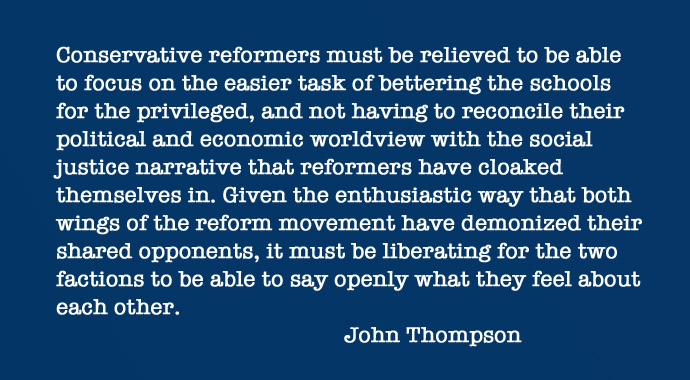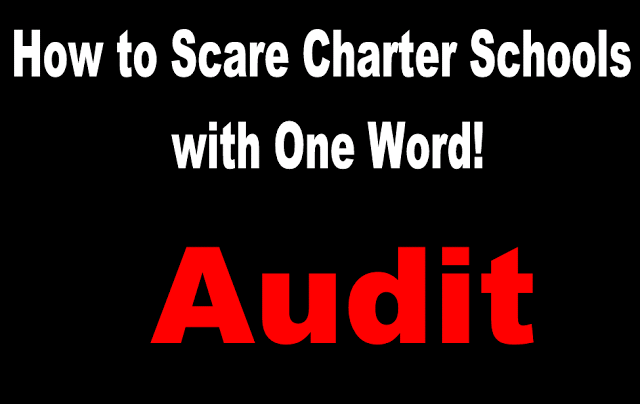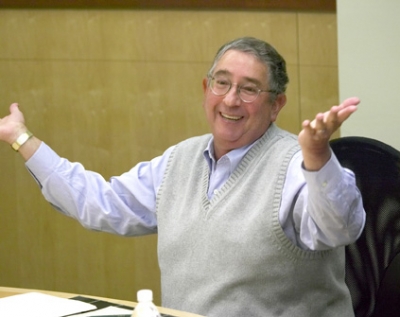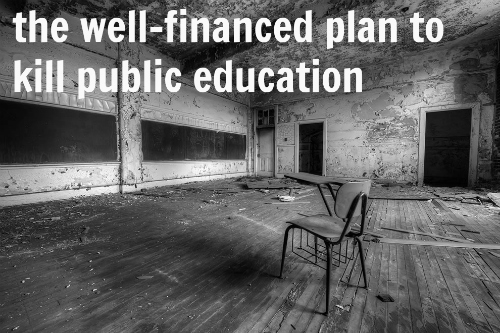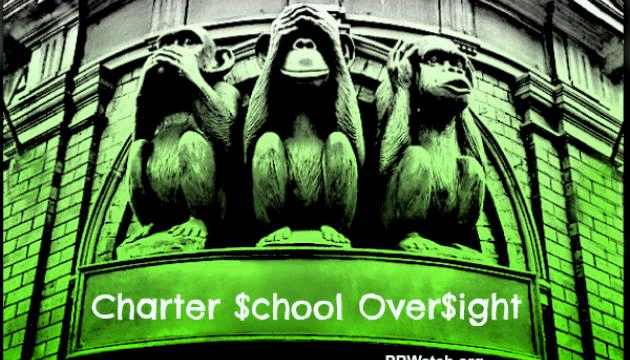In Detroit, Freedom Schools Offer an Alternative to City’s Struggling Education System
As Detroit’s public schools fight to stay afloat, Black families turn to a civil rights-era approach to education.

Victor Gibson teaches math to middle schoolers at the Dexter-Elmhurst Center. The retired teacher signed up to work for the Detroit Independent Freedom School Movement. Photo by Zenobia Jeffries.
Just a few years ago, Aliya Moore’s days during the school year might have resembled that of many American moms actively engaged in their children’s education—transporting them to and from school or to after-school programs and activities, helping with homework, going to parent-teacher conferences, and volunteering in the classroom.
After-school programs have been reduced, teachers have been laid off, and the remaining classes are overcrowded.
That all changed in spring 2013, when Moore’s 11-year-old daughter’s school, Oakman Orthopedic in Detroit, closed—one of several to fall victim to budget cuts by Detroit Public Schools, which was under state-mandated emergency management. At the time, Oakman was the only school remaining in the district to serve physically challenged students, and although Moore’s daughter Chrishawna is not disabled, Oakman was her neighborhood school. Chrishawna and the other 287Oakman students were sent elsewhere.
Now that her daughter is in high school, Moore still finds herself fighting. Because of budget cuts, after-school programs have been reduced, teachers have been laid off, and the remaining classes are overcrowded. Moore’s activism soon evolved from watching out for her own kids to advocating for the rest of the district’s children.
At a community meeting earlier this year, Moore called on parents to boycott the schools. This captured the attention of local activist group Detroiters Resisting Emergency Management (D-REM), which turned to a legacy of the 1960s civil rights movement for a solution: Freedom Schools.
Organized by African Americans in the 1960s, the Freedom Schools presented an alternative setting for all ages centered mostly on voter registration and social change, as well as academic components—mainly reading skills—for young people. Since then, civil rights and racial justice organizations, along with grassroots movements, have resurrected the Freedom School model for their work in African American communities still faced with inadequate education, disenfranchisement, and racial discrimination.
Gloria Aneb House, a member of D-REM who worked with the original Freedom Schools in Alabama in 1965, helped the group to launch the Detroit Independent Freedom Schools Movement (DIFSM).
“We had been talking about the problems in the Detroit education system for a long time,” House said.
At its height in the 1970s, Detroit Public Schools operated nearly 300 schools, and although it remains the largest school district in Michigan, with more than 48,000 students, school closures have left the district with only 97 operating school buildings. Several more schools, however, are slated to close in the coming months amid a controversial law that, enacted July 1, split the beleaguered district, now called the Detroit Public Schools Community District, into two: a “new co.” district that will educate children, and an “old co.” district that will exist in name only to collect taxes to pay down debt.
Except for three years in the mid-2000s, the Detroit district has operated under state control since 1999. Claiming the district was being mismanaged, then-Gov. John Engler removed the locally elected school board and appointed a “reform board.” At that time, however, enrollment was growing, standardized test scores were up, and the district had a $100 million surplus.
In 2004, local activists waged a successful campaign to return the district to local control, and a newly elected board inherited a $200 million deficit, created in just five years of state control.
Unable to get a handle on the growing deficit, the first of a string of emergency managers was appointed in 2009; today, the deficit is more than $1 billion.
School conditions have been ripe in recent years for communities to organize.
School conditions have been ripe in recent years for communities to organize. Moore pointed to not only the loss of local control, but also to the lack of resources in classrooms, overcrowding, school closures, uncertified teachers, inefficient staff, and, of course, the escalating debt, as the impetus for her first form of protest: She called on parents to keep their children home on one of the most important days of the school year—Count Day. On this day, which occurs once during each semester, the state tallies student attendance districtwide to determine per-pupil funding.
Moore’s goal was to make a statement. A week before the February Count Day, she passed out fliers to parents and community members that read, “Parents and students have the power! Show the governor that We run the district! We control the MONEY (stakeholders)!” She and others wanted an accounting of the district’s spending money—since it didn’t appear to be going toward a quality education for Detroit students. A month before, teachers had staged a sick-out to bring attention to poor conditions: caved-in ceilings and peeling paint in the In Detroit, Freedom Schools Offer an Alternative to City’s Struggling Education System by Zenobia Jeffries — YES! Magazine:

